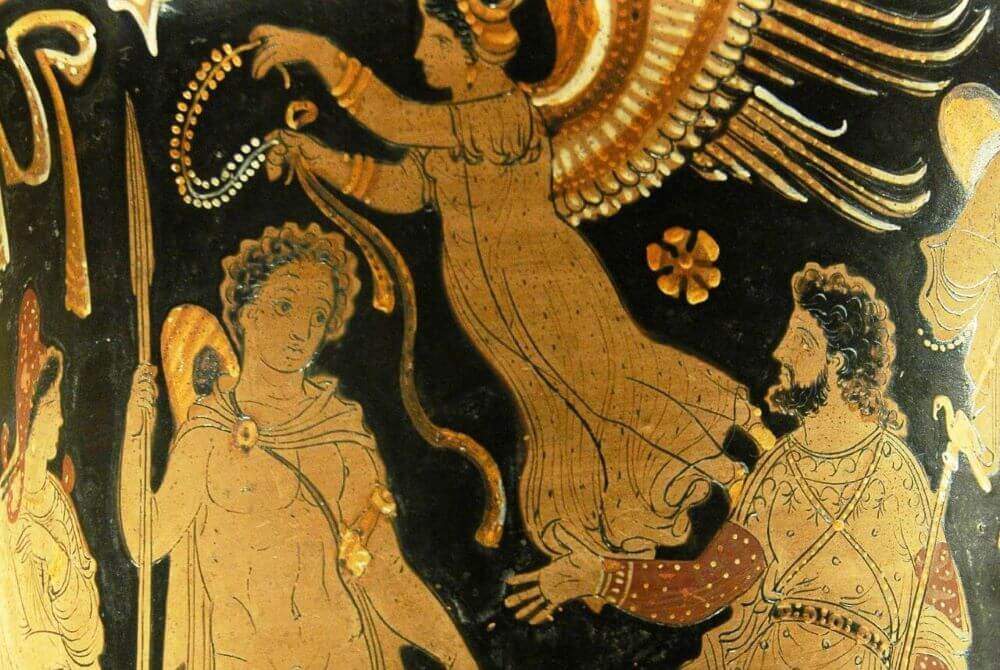
Human beings have physical needs: food, water, air, and shelter. Without these, it is only a matter of time before we die or get seriously hurt. Human beings also have psychological needs. Psychologists have cited four of the most essential of these: security; self-esteem; autonomy; and connection (Sex And Our Psychological Needs). Just as physical health depends on meeting physical needs, psychological health depends on meeting psychological needs. Many people classify sex, and sexual release, as a “need.” Obviously, sexual activity involves both physical and psychological processes, but is this categorization accurate or helpful?
Sex Is Not A Physical Or Psychological Need
In “Sex And Our Psychological Needs,” best-selling author Mark Manson distinguishes between needs that we as people have, and strategies that we employ to fulfill them. Manson contends that sex is an example of the latter.
Sex is a strategy we use to meet our psychological needs and not a need itself. . .
How do we know this? Because there is no evidence that celibacy or asexuality is actually physically or psychologically unhealthy. You don’t die from not having enough sex. In fact, there are many health risks because of sex. One could even argue that there are psychological and health benefits from not having sex.
Mark Manson
Manson proceeds to list numerous benefits of sex, namely procreation, recreation, attachment, and health; as well as physical risk factors and drawbacks, like unwanted pregnancies, STDs, and health complications (let alone trauma and undesirable emotional attachments).
To be sure, the fact that sex is not a need does not subtract from its importance. The sex drive is a fundamental human drive, arguably second in power behind only the drive to eat. (Napoleon Hill described sex desire as “the most powerful of human desires.”). The stakes of sex, and sexual activity, both positively and negatively, are elevated.
However, understanding that sex is a strategy to fulfill other needs, not a need itself, allows us to think outside the box, especially in situations where no healthy sexual outlet is present. As with sex, many people consciously or subconsciously believe that they need pornography for the immediate release it provides, despite its devastating effects in the medium- and long-term. While a healthy sexual outlet can increase feelings of security, self-esteem, autonomy, and connection, so can other habits and activities. If we struggle to control our sexual impulses, it could be that we need to incorporate more of the latter.
Today, if we have a problem with sex, pornography, or any other form of sexual activity, we need to identify which unfulfilled psychological need(s) are driving us to take short-term action that conflicts with our medium and long-term well-being. For example, in the past I could identify a lack of security and a lack of connection as contributing factors, even when in reality pornography made both of these worse.
It serves anyone with a pornography habit or addiction to identify which of their psychological needs are not being met. For example, in the past I could identify a lack of security, self-esteem, and connection as contributing factors. The next step is to take action to address these needs. This is the work of a lifetime, and no one size fits all. However, the rest of this is guide is ripe with strategies to meet human needs without indulging in pornography.
In sum, we do not need pornography. Nothing bad will happen if we do not act on our sexual desires. However, if we do not get our physical and psychological needs met, then all bets are off.
For more, see How Do I Find A Wife? You can also check out the complete archive of articles on integrity.

